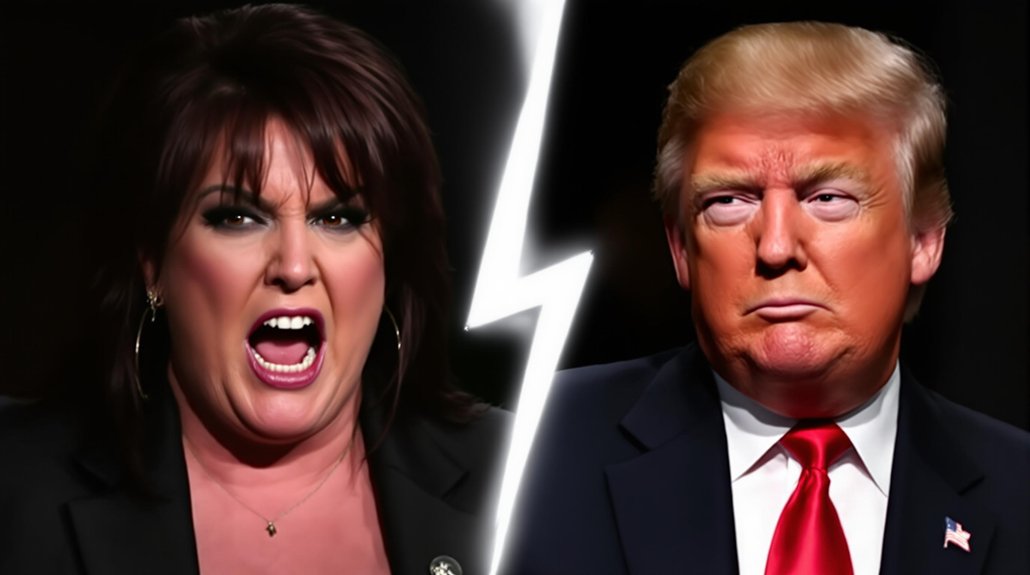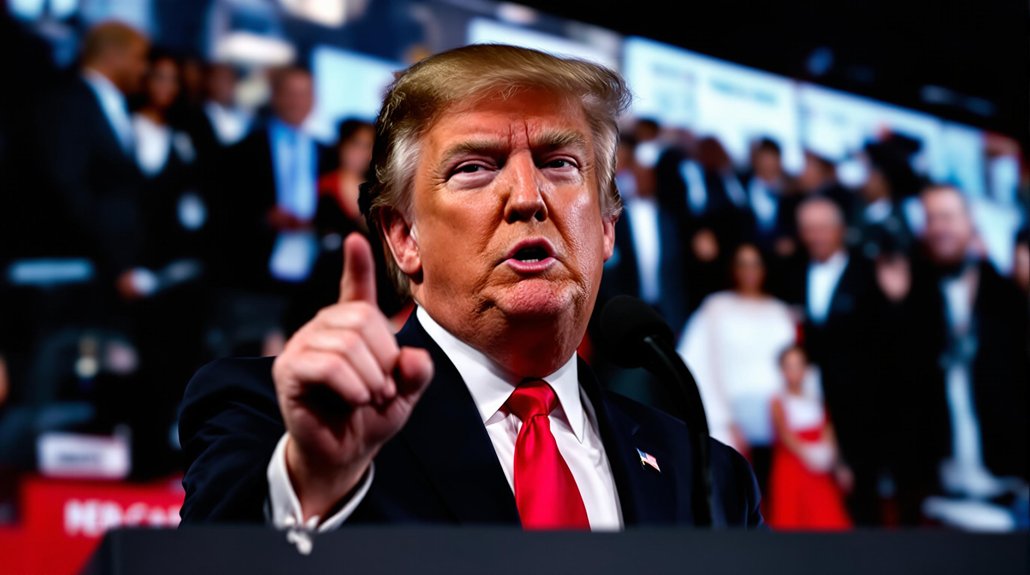Elon Musk’s unprecedented $45 million monthly commitment to Donald Trump’s 2024 presidential campaign represents Silicon Valley’s most dramatic political realignment, as the world’s wealthiest tech entrepreneur abandoned previous Democratic affiliations to become the Republican candidate‘s most influential billionaire backer. This shift reflects broader frustration among tech elites, including Marc Andreessen, Joe Lonsdale, and Doug Leone, with Biden administration regulatory policies targeting artificial intelligence oversight and antitrust enforcement. The transformation signals evolving corporate political engagement strategies that merit further examination.
While Silicon Valley has historically aligned with Democratic candidates and progressive policies, a notable contingent of tech billionaires has emerged as vocal supporters of Donald Trump’s presidential campaign, marking a considerable shift in the industry’s political landscape.
David Sacks, a former Hillary Clinton donor, has become one of the most visible advocates for Trump among tech elites, publicly urging other industry leaders to contribute to the Republican campaign through social media platforms and private networks.
David Sacks has transformed from Hillary Clinton donor to Trump’s most prominent tech advocate, rallying Silicon Valley elites through digital networks.
The roster of influential donors backing Trump includes Elon Musk, Marc Andreessen, Joe Lonsdale, and Doug Leone, representing a powerful coalition of venture capitalists and entrepreneurs who view the former president as aligned with their business interests. Musk has committed to contributing $45 million monthly to support Trump’s campaign efforts.
This trend reflects growing frustration with the Biden administration’s regulatory approach toward technology companies, particularly regarding artificial intelligence oversight and antitrust enforcement actions that have targeted major platforms like Google with monopolistic penalties.
These billionaires perceive Trump as a protector of the tech innovation status quo, opposing what they characterize as a regulatory wave threatening industry growth and profitability. Their support centers on expectations of lower taxes and reduced federal oversight under a Trump administration, viewing him as a CEO-like figure who shares their entrepreneurial mindset and deregulatory preferences.
Peter Thiel, a leading conservative voice in Silicon Valley, has served as a close Trump adviser on AI policy, while Elon Musk attended Trump’s inauguration and promotes right-leaning policies on his platform X.
The surge in billionaire funding has notably boosted the Republican war chest, with notable appearances by Jeff Bezos, Mark Zuckerberg, and Sundar Pichai at Trump-related events altering traditional party funding dynamics. Sociologist Olivier Alexandre analyzed this political realignment, noting the complex web of motivations driving tech leaders toward Trump support.
However, this political realignment has created substantial internal division within Silicon Valley, as not all stakeholders support Trump’s candidacy.
Critics worry about potential consequences for international cooperation, immigration policy, and the alienation of diverse workforces who oppose Trump’s positions.
The shift represents a broader transformation in corporate political engagement strategies, with tech sector support for Trump signaling to other industries regarding the evolving relationship between business interests and political power in contemporary American politics.








